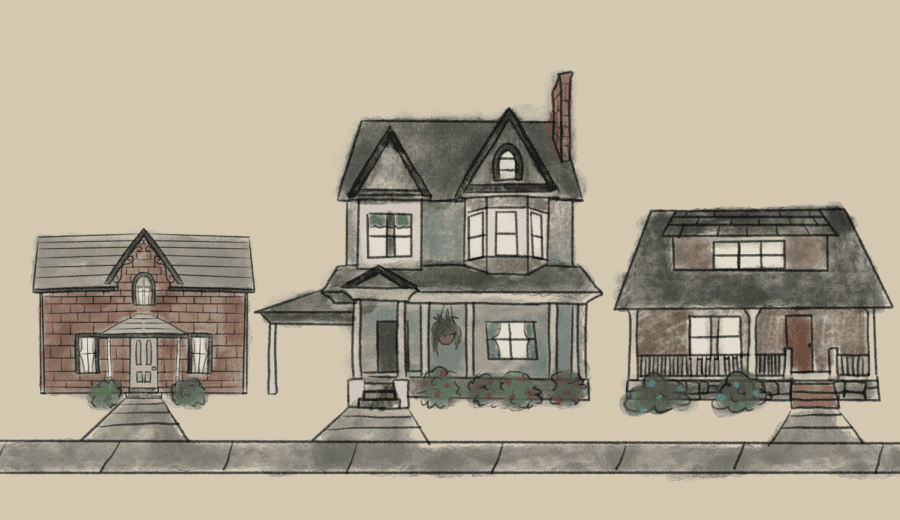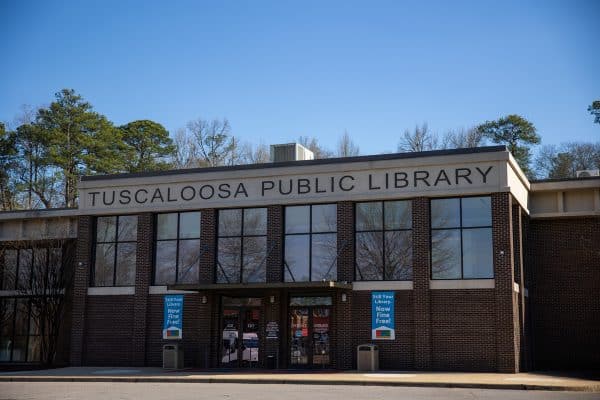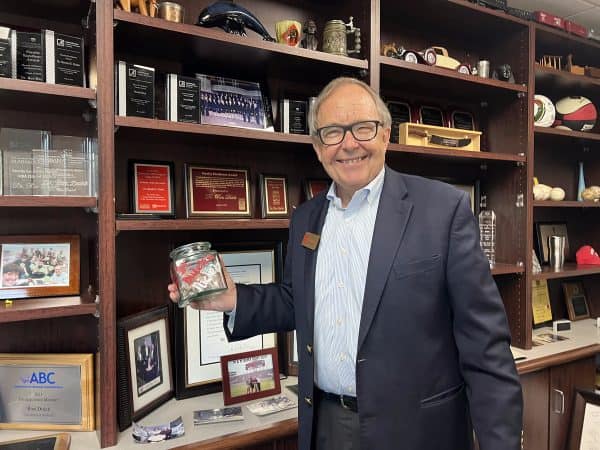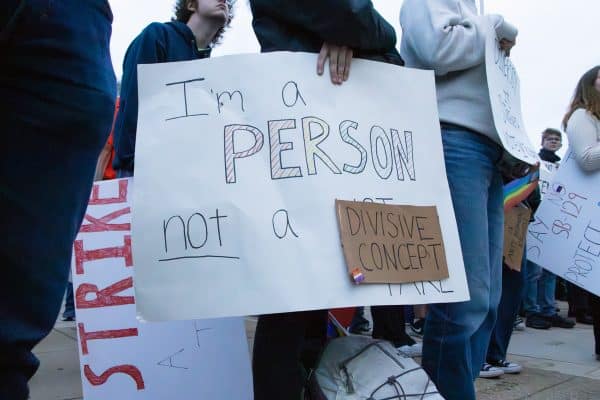Want to fight injustice? Start local.
March 24, 2021
The election cycle in this nation never ends. With the 2020 election less than a year behind us and 2022 midterms a year and a half away, there’s always another opportunity to make a change– a change that can only come about when we vote.
But while voting in national elections is important, participating in local elections can often be more impactful.
Take the problem of policing in America. When talking about changes that people want to make, it’s important to understand where these causes come from to most effectively determine a solution. There have been a number of proposed solutions to this issue, ranging from more funding to reform to—in some cases—the abolition of police forces.
But here’s the issue: A large amount of these reforms are only being referred to on the national and state level and completely ignore the role local government plays in what are, ultimately, incredibly local issues.
A chief of a city police is oftentimes appointed by the mayor. That means that a police chief and the people that they hire are ultimately the result of local elections. So yes, local elections matter. They help shape who runs our cities and the standards we abide by. And at the same time, they’re easy to get involved in.
So why is turnout so bad?
According to a Bloomberg report, fewer than one in five eligible residents in Los Angeles vote in mayoral elections. In New York City, that figure falls to less than 14%. In 15 of the 30 most populous cities in the U.S., voter turnout in mayoral elections is less than 20 percent.
Mayoral elections in the U.S. also don’t represent the communities they serve. In the most recent mayoral elections across 50 U.S. cities, the median voter age was 57—“evidence of an enormous gap in civic participation between retiring Baby Boomers and rising Millennials. Worse still, perhaps, voters are overrepresented in some neighborhoods and dramatically underrepresented in others,” the report stated.
So, what does this mean for justice? What does this mean for day-to-day life in cities?
What it means is that reform will not last if the voting base is small. Any national reforms can be easily circumvented at the state and local level, which has been done in the past – and continues into the present, with issues like school resegregation, gentrification, you-name-it. If we want to make change, then we have to vote in local elections, because the problems that hit us closest to home are often the ones that can only be solved with local solutions.











